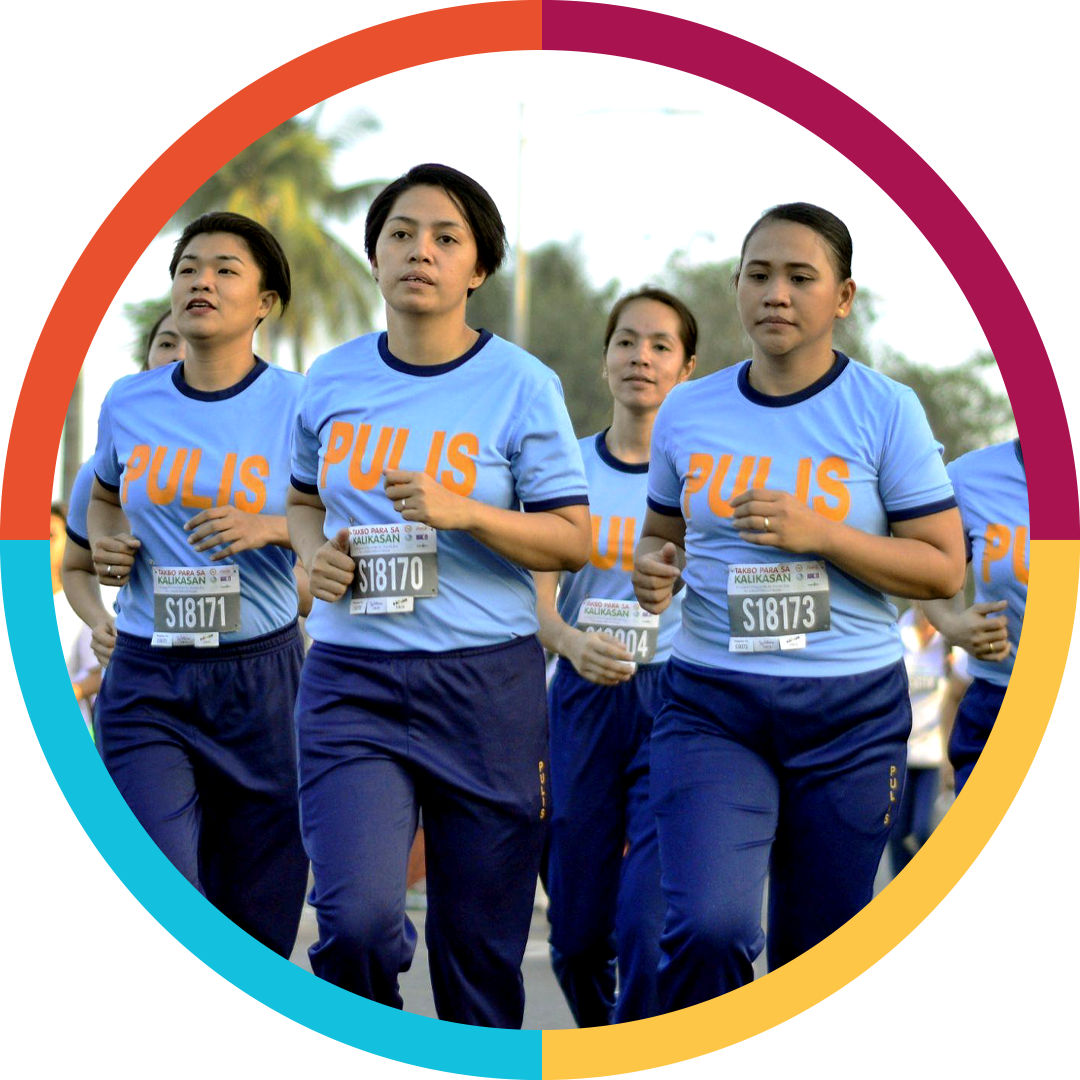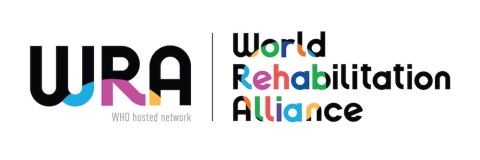Looking Beyond Survival at the 2025 UN HLM
As the 2025 UN High-Level Meeting on NCDs and Mental Health approaches, the stakes could not be higher. The Political Declaration that emerges will shape global action on NCDs for years to come.
We, the World Rehabilitation Alliance Steering Committee, welcome the progress already made. For the first time, the draft Political Declaration includes language on rehabilitation—a major step forward, given its complete absence from the 2018 Declaration on NCDs. Rehabilitation is an essential part of the continuum of care, and we are encouraged to see it acknowledged.
But one critical element is still missing: functioning. Without it, the Declaration risks reinforcing a narrow view of health and NCD care—one that focuses only on survival, rather than on how people live, recover, and participate in society after diagnosis.
Why Rehabilitation and Functioning Matter
Health has always meant more than the absence of disease. The WHO Constitution defines it as “a state of complete physical, mental and social well-being.” Yet too often, our global health metrics remain stuck in a reductive frame: we count deaths prevented, diseases treated, and risks reduced, but we rarely ask whether someone can return to work, walk their child to school, or care for their family.
We know this gap is not abstract. Many people survive NCDs but live with fatigue, pain, mobility challenges, or cognitive impairments that profoundly affect their daily lives. One in three people worldwide live with health conditions that benefit from rehabilitation services, with NCDs being a major driver of this need. Rehabilitation restores functioning, reduces the impact of NCDs, and allows people not just to live, but to live well.
The missing measure is functioning, a dynamic, person-centered concept defined by WHO’s International Classification of Functioning, Disability and Health, which considers not only a person’s health condition but also their environment and personal context. It is the measure that captures how well systems support recovery and autonomy, not just survival.
Risks of Exclusion
Functioning is the measure that makes rehabilitation visible. In our recent policy brief, we underscored that rehabilitation must be recognised as a strategic pillar of NCD care. Without functioning as a core indicator, rehabilitation risks remaining undervalued, underfunded, and out of reach for many.
Leaving functioning out of the Political Declaration sends the wrong message: that survival matters more than recovery, participation, and inclusion. We believe this is not only short-sighted policy—it is morally indefensible.
We are also concerned about broader structural risks. Reflections on global health architecture, including in The Lancet, warn that institutional reforms could easily reshuffle governance without realigning values. Meanwhile, internal shifts within major agencies, including WHO, risk pushing rehabilitation further down the agenda—even though it is central to universal health coverage and equity.
A Call to Action
We believe it is time to recognise functioning as a third core health indicator, alongside mortality and morbidity. Doing so requires no new categories—only the courage to measure what truly matters in people’s lives.
Including functioning in NCD action would:
- Signal that health systems are accountable not just for keeping people alive, but for supporting people to live well.
- Ensure that rehabilitation and assistive technology are adequately considered and resourced in both policy and financing.
- Enable more equitable and inclusive data systems, with disaggregation by disability, gender, and age.
The 2025 Political Declaration must reflect the full spectrum of what it means to achieve health. As governments and the global health community prepare for this High-Level Meeting, we urge you to act with vision and with courage.
Because survival is not enough. Together, we must ensure that people everywhere have the chance to recover, to participate, and to thrive.





